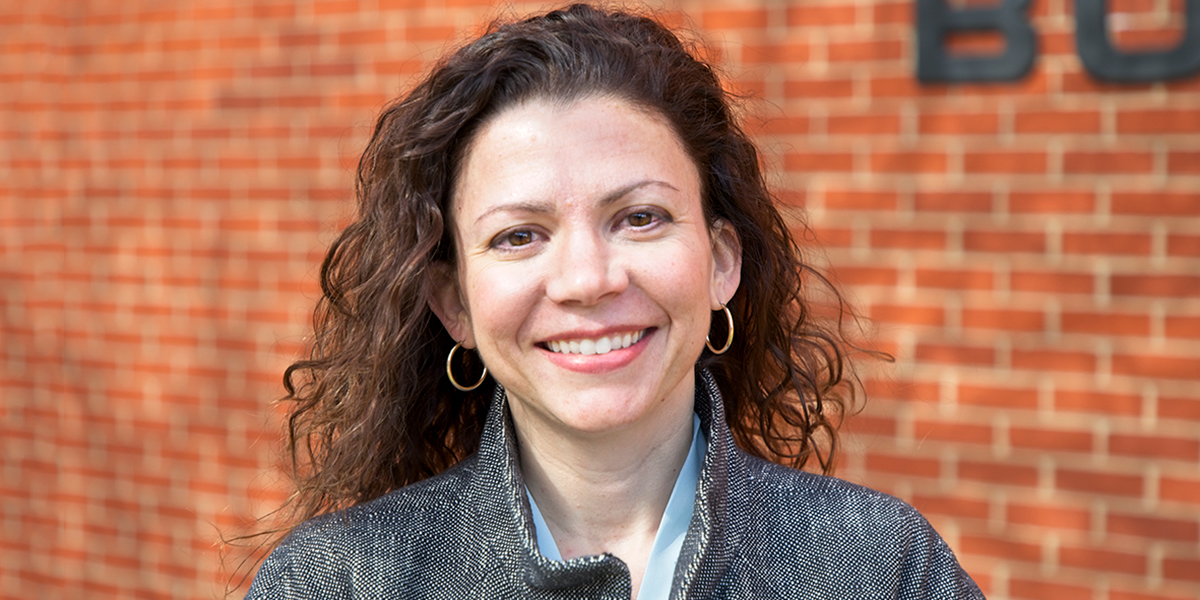After her own cancer fight, Baylor prof driven to help others survive cancer, too

There’s a cherished title that Baylor professor Leigh Greathouse earned through months of sacrifice, grit and faith — a title she hopes to help others be able to claim as well.
“Cancer survivor.” Her experience motivates her work both as a teacher and as a researcher at Baylor.
Dr. Greathouse was just 24 years old when she learned that her unusual and deeply-affecting stomach pains were a sign of cancer — specifically, stage IV uterine leiomyosarcoma. Aided by her faith and fighting spirit, the multiple surgeries and six rounds of chemotherapy only tell part of her story. Amidst the fight, she found a strength she didn’t know she had. Even after receiving the joyous words “cancer-free,” she still had to battle lingering abdominal issues caused by her surgery. As she eventually overcame those, too, the months of fighting served only to spur a deeper mission — a lifetime of service through research.
Today, Greathouse shines the light of her own unique discipline, amplified by her personal experience. As an assistant professor of nutrition sciences in Baylor’s Robbins College of Health and Human Sciences, she helps students better understand disease, diet, and how one impacts the other. Specifically, through her Baylor lab, the Laboratory of Health and Human Behavior, she advances understanding of the relationship between diet, microorganisms and cancer. That mission is fueled by a compelling vision: to develop clinical tools that improve the treatment of (and reduce mortality from) colon cancer.
Her own fight against cancer may have shaped her passion, but Greathouse is working to ensure others can pursue their own passions free from cancer, armed with an understanding of how they can take steps to prevent it.
“Three events in my life have shaped my passion for teaching in the field of nutrition and cancer prevention: my strong belief in the power of ‘living a healthy lifestyle as the norm’ for prevention of disease, my battle with cancer, and my faith,” says Greathouse. “Baylor University gives me the opportunity to integrate all these experiences to not only deliver knowledge but also faith-based perspective that challenges students to examine their understanding of the intersection of science and faith.”
Sic ’em, Dr. Greathouse!
You might also like:
* Baylor alumna was among the first to treat cancer patients’ emotional needs (Feb. 2018)
* Four Baylor professors who are making strides in cancer research (Nov. 2017)
* ‘A Playground To Explore’: Baylor chemistry prof on how faith and science meet (May 2017)

